composting with squash
banjonique
12 years ago
Related Stories
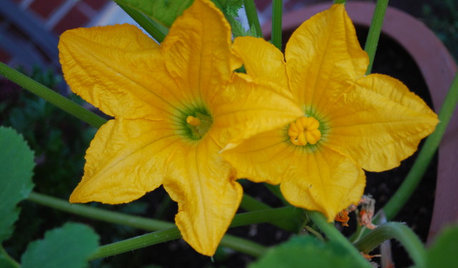
EDIBLE GARDENSSummer Crops: How to Grow Squash
Almost foolproof and with cheerful flowers, squash comes in a wide range of varieties to plant in spring
Full Story
GARDENING GUIDESGet on a Composting Kick (Hello, Free Fertilizer!)
Quit shelling out for pricey substitutes that aren’t even as good. Here’s how to give your soil the best while lightening your trash load
Full Story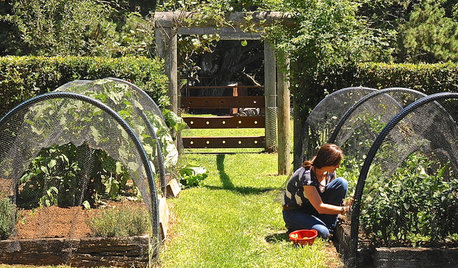
FARM YOUR YARDHouzz Call: Home Farmers, Show Us Your Edible Gardens
We want to see where your tomatoes, summer squashes and beautiful berries are growing this summer
Full Story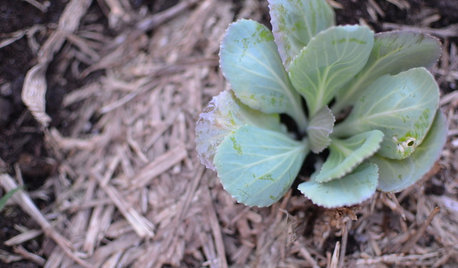
REGIONAL GARDEN GUIDESMid-Atlantic Gardener's September Checklist
Squash, anyone? Cool-season veggies are suiting up for the garden, while summer's last blooms are winding down
Full Story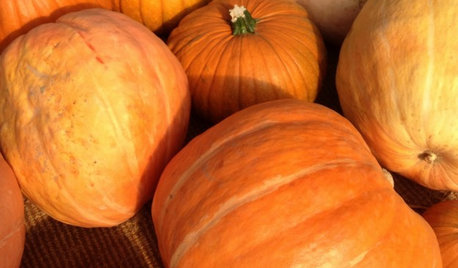
EDIBLE GARDENSSummer Crops: How to Grow Pumpkins
Start in spring to grow your own fall decorations and have plenty left for pies
Full Story
EDIBLE GARDENSGarden BFFs? Why Your Vegetables Are Begging for Companion Plants
Foster friendships among plants for protection from pests, pollination support and color camaraderie
Full Story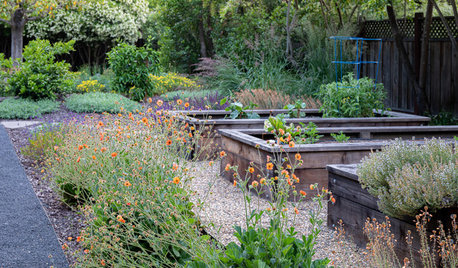
GARDENING GUIDESEssential Watering Tips for Your Edible Garden
To give your edible plants just what they need, check out these guidelines for how, when and how much to water
Full Story
HOLIDAYSYour Easiest Fall Decorating Ever
Create a nearly effortless tabletop with the naturally beautiful colors and shapes of fall
Full Story
KITCHEN DESIGN12 Rustic Touches That Add Warmth to a Kitchen
Exposed beams, chandeliers, farm tables or just a key accessory or two can bring some coziness to the heart of your home
Full Story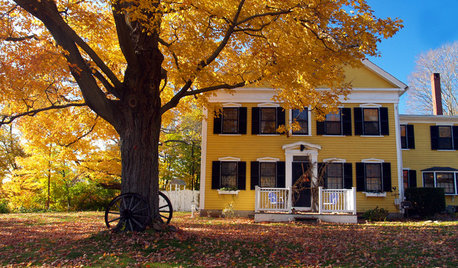
LIFETo-Dos: Your October Home Checklist
It’s a great time to clean your gutters, swap out seasonal clothes and wallow in favorite fall traditions. What’s on your October list?
Full StorySponsored
Columbus Area's Luxury Design Build Firm | 17x Best of Houzz Winner!
More Discussions







Kimmsr
banjoniqueOriginal Author
Related Professionals
Tomball Landscape Architects & Landscape Designers · Maple Heights Landscape Architects & Landscape Designers · Jackson Landscape Contractors · Brockton Landscape Contractors · Coeur d'Alene Landscape Contractors · Fort Payne Landscape Contractors · Miller Place Landscape Contractors · San Benito Landscape Contractors · Tigard Landscape Contractors · Waterford Landscape Contractors · East Norriton Landscape Contractors · Cape Coral Decks, Patios & Outdoor Enclosures · Detroit Decks, Patios & Outdoor Enclosures · Lenexa Decks, Patios & Outdoor Enclosures · South Houston Decks, Patios & Outdoor Enclosurestoxcrusadr
banjoniqueOriginal Author
claireplymouth z6b coastal MA
dottyinduncan
banjoniqueOriginal Author
toxcrusadr
claireplymouth z6b coastal MA
toxcrusadr
banjoniqueOriginal Author
claireplymouth z6b coastal MA
gonebananas_gw
toxcrusadr
val_s
claireplymouth z6b coastal MA
banjoniqueOriginal Author